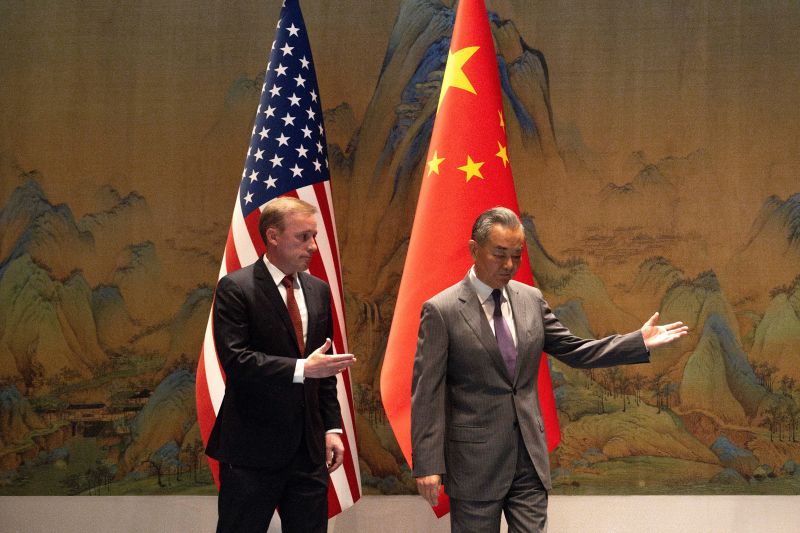As the United States prepares for upcoming elections, its relations with China, the world’s second-largest economy, are in the spotlight. Recently, talk of a meeting between the leaders of both nations – President Joe Biden and President Xi Jinping – has been doing the rounds in diplomatic circles, hinting at potential strategic adjustments on both sides.
In recent months, diplomatic contacts between Washington and Beijing have been marked by confrontations rather than cooperation, as stark differences emerge over a host of issues, including human rights, technological power plays, and trade. The strained ties highlight the continuing gulf between the two superpowers as they navigate a global economic order that has become increasingly multipolar.
Talks of a conversation between the leaders of these two powerful nations take on added significance owing to the looming US elections. These discussions reveal how intricately the US-China dynamic is tied to domestic political landscapes, with the anticipated phone call between Biden and Xi forming the pivot around which bilateral relations could potentially revolve.
This potential communication between Biden and Xi holds considerable weight in the context of global diplomacy. Both presidents would utilize this engagement to recalibrate their countries’ positions and the nature of their bilateral relationship. Moreover, it also showcases how international relations strategies are influenced by internal political dynamics, such as the forthcoming US elections.
Though Democrats currently hold the presidential office, the mid-term elections could shift the balance of power, potentially altering America’s foreign policy approach. Republican and Democratic administrations historically differ on this front, necessitating contingency planning from nations across the globe, including China.
Indeed, the recent conversations between the US and Chinese officials demonstrate Beijing’s awareness of this distinct possibility. It reflects a wider strategy on China’s part to assess potential shifts in American political power and how it might affect its relations with the US. It also echoes China’s concerns over US’s increasingly aggressive posture towards it in recent years.
A crucial factor shaping possible Biden-Xi talks and the broader US-China relationship may be the degree of consensus within the Democratic Party regarding China. Unsurprisingly, cooler heads are calling for a more nuanced, less confrontational approach towards China, recognizing the need for cooperation in areas such as climate change and global health, against the backdrop of strategic competition.
But whether such a cordial approach can be maintained may hinge on the US political climate. The tone of domestic politics, the gubernatorial as well as congressional election outcomes, are all potential game-changers for US-China relations.
An impending Biden-Xi conversation, therefore






























